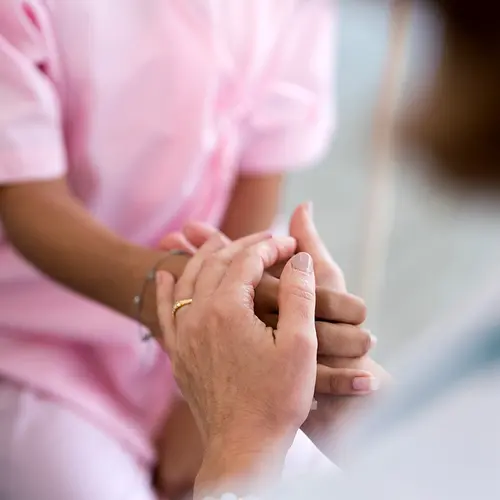- Overview
- Symptoms
- Risks, Prevention & Screening
- Tests & Diagnosis
- Types
- Your Breast Cancer Care Team
- Treatment
- Living With Breast Cancer
- Remission & Recurrence
- Advanced Breast Cancer
- Support & Resources
- Appointment Prep
- View Full Guide
Recommended

Related Links
- Breast Cancer News
- Breast Cancer Reference
- Breast Cancer Slideshows
- Breast Cancer Videos
- Breast Cancer Quizzes
- Breast Cancer Medications
- Find an Oncologist
- Breast Cancer Overview & Facts
- Breast Cancer Risks
- Breast Cancer Prevention
- Breast Cancer Symptoms & Signs
- Breast Cancer Diagnosis & Tests
- Breast Cancer Types
- Breast Cancer Care Team
- Breast Cancer Treatment
- Living & Managing Breast Cancer
- Breast Cancer Remission
- Breast Cancer Recurrence
- Advanced Breast Cancer
- Breast Cancer Support
- All Breast Cancer Topics
- Breast Reconstruction Surgery
- Breast Cancer & Weight
- Cancer Guide A-Z